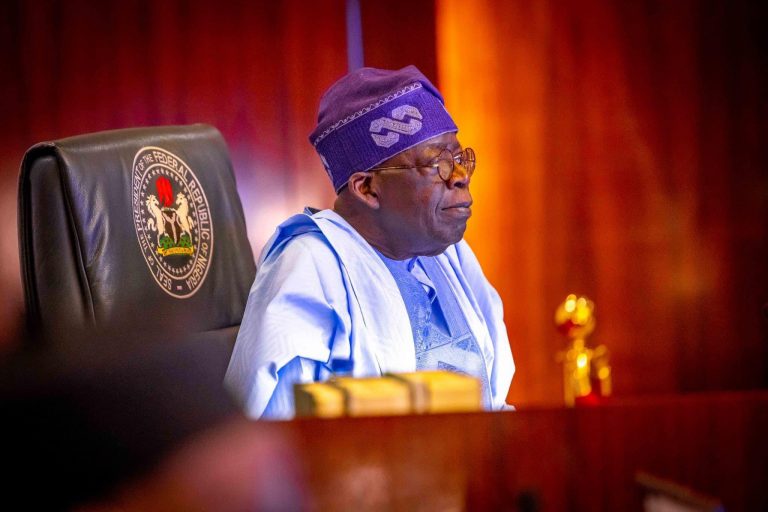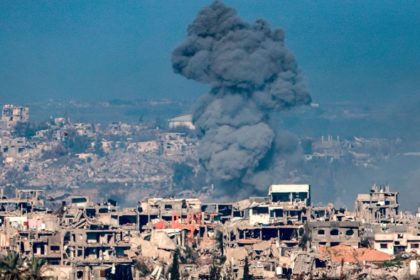By Adeyemi Adekunle
President Bola Tinubu has stood firmly by his decision to remove the fuel subsidy, despite the widespread economic hardship it has caused. Speaking on Monday night during his first presidential media chat since taking office, Tinubu described the move as an unavoidable step to secure the nation’s future.
“I don’t regret removing the fuel subsidy at all,” he said. “That was the only option we had to stop the smugglers from continuing their illegal trade. Nigeria had become Father Christmas to some other West African countries due to the payment of fuel subsidy.”
READ ALSO: Hope, Challenges Trails Tinubu’s Vision for Nigeria’s Economy Recovery
The president, who announced the end of the subsidy during his May 29, 2023, inauguration, stressed that the decision was necessary to protect future generations. “We had to put a stop to it so that we can safeguard the future of our children and the unborn generations,” Tinubu added.
Following the removal of the subsidy, the price of fuel skyrocketed, leaping from N200 per litre to N600, and eventually reaching an unprecedented N1,200 per litre earlier this year. The sharp increase has triggered a chain reaction across the economy, with food prices soaring to levels that many Nigerians find unbearable.
For ordinary citizens, the impact has been devastating. Families are grappling with higher transportation costs, inflated food prices, and a steep decline in purchasing power. While the government argues that the subsidy removal was essential to curb smuggling and free up resources for development, critics accuse Tinubu’s administration of failing to cushion the blow for vulnerable populations.
“We are barely surviving,” said Adebayo Olaniyi, a father of four in Lagos. “Everything is expensive now—fuel, food, even school fees. The government keeps telling us to be patient, but how long can we endure this?”
Despite the criticism, Tinubu remains unapologetic. His administration insists that the long-term benefits of subsidy removal will outweigh the short-term hardships, citing the need to redirect funds toward infrastructure, education, and healthcare.
However, as Nigerians continue to face mounting economic pressure, many question whether those promises will translate into tangible improvements. For now, Tinubu’s promise remains both a defining moment of his presidency and a contentious topic in the national discourse.




